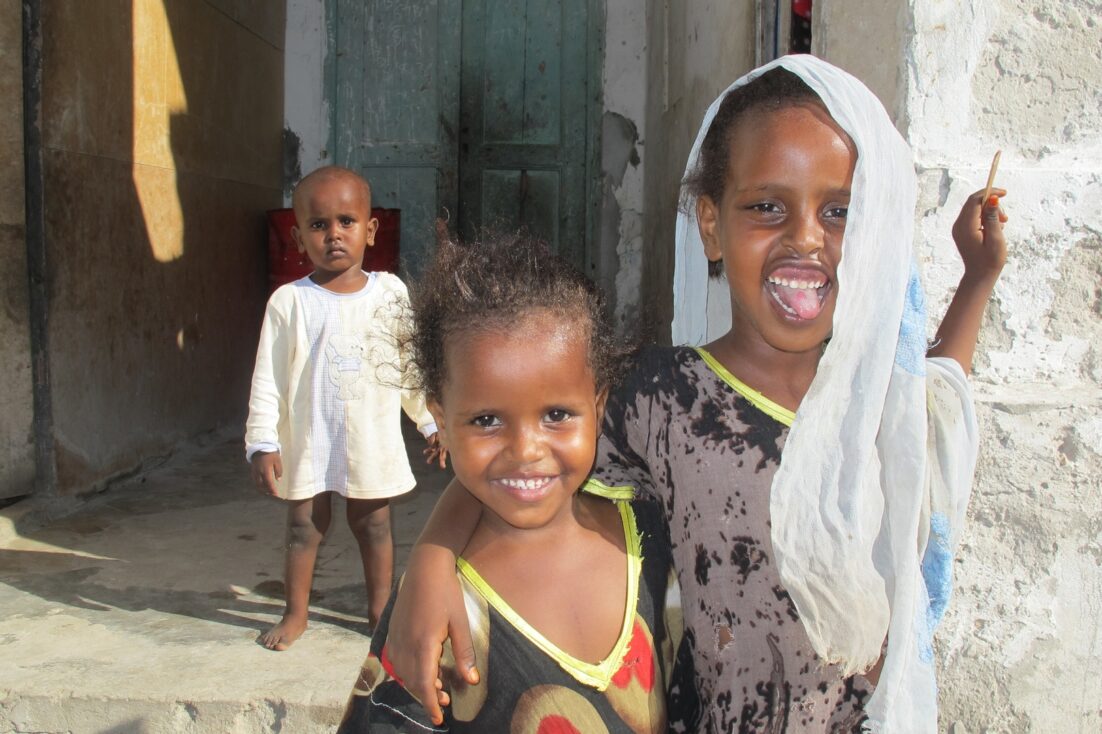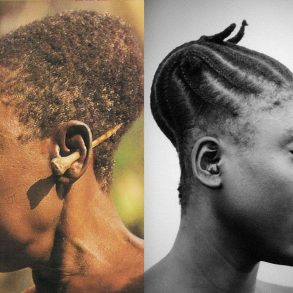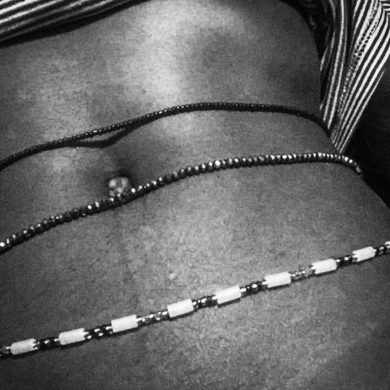In 2014, the Nigerian media space was filled with reports of Wasila Tasi’u, a child bride of 14 who poisoned the food of Umar Sani, her 35 years old husband. The reports that flooded the country’s media space sprung up various arguments, one of those arguments include the age of consent in Nigeria.
Wasila Tasi’u was just like every other teenage girl with big dreams until her father forced her into marriage to Sani who was 35. She admitted to poisoning Sani with rat poison so as to be “free”. She was locked up but in June 2015, a court in the northern region of Nigeria dismissed the case against her because she was a minor who was forcibly married. This act by the court also sprung up arguments about the Nigerian constitution and the age of consent in Nigeria. A topic like the age of consent shouldn’t bring up much arguments but it did and you will get to understand why it did later on in this article.
What Is Age Of Consent?
The age of consent is the age at which a person is legally competent to consent to marriage and sexual acts. What this means is that any adult who engages in sexual acts with a person with an age below than the age of consent is unable to legally claim that the sexual act was consensual, and such sexual act is considered child sexual abuse or statutory rape. Age of consent laws were designed to protect teenagers from predators, but what happens when the laws of a place conflicts when it comes to talking about the age of consent? This seems to be the case of Nigeria.
Age Of Consent In Nigeria
The age of consent in Nigeria is not clearly stated in the Nigerian laws but the age of consent in Nigeria is 18, this is because Section 31 (1) and (2) of the Child’s Rights Act 2003 states that “(1) No person, shall have sexual intercourse with a child. (2) A person who contravenes the provision of Subsection (1) of this section commits an offence of rape and is liable on conviction to imprisonment for life. And Subsection 3 (a) and (b) of the same Section 31of the Child’s Rights Act 2003 states that (3) Where a person is charged with an offence under this section, it is immaterial that— (a) the offender believed the person to be of or above the age of eighteen years; or (b) the sexual intercourse was with the consent of the child.”
The section clearly stated that no person shall have sexual intercourse with a “child” and goes on to state that a person who does is an offender and it is immaterial if the offender believed the person(child) to be of or above the age of eighteen years. The explanation of this clearly puts the age of 18 as the line between a child and an adult in the Nigerian state.
The fact that the age of consent in Nigeria isn’t clearly stated in the Nigerian laws isn’t really the problem age of consent in Nigeria faces. Nigeria practices federalism and this allows for a State to create laws for its territory. And this is one of the problems age of consent face in Nigeria.
The Problem It Faces
Section 29(4b) of the 1999 Constitution of the Federal Republic of Nigeria states that “any woman who is married shall be deemed to be of full age.” and this contradicts Section 18 of the Child’s Rights Act 2003 which states that “No person under the age of 18 years is capable of contracting a valid marriage, and accordingly a marriage so contracted is null and void and of no effect whatsoever.”.
Section 29(4b) of the Federal Republic Of Nigeria gives way for exploitation as a predator can get married to a child and say “she is already deemed to be full of age” because she is married.
The Nigerian Matrimonial Causes Act also fails to talk about the minimum age for marriage in Nigeria. In Section 3 of the Matrimonial Causes Act lies reasons on why a marriage could be void, one of the reasons is based on age but it did not give a specific age, it only says in Section 3 (1) (e) that a marriage is void if “either of the parties is not of marriageable age. But Section 18 of the Child’s’ Rights Act 2003 states that, “No person under the age of 18 years is capable of contracting a valid marriage, and accordingly a marriage so contracted is null and void and of no effect whatsoever.” But there exists a problem.
As I stated earlier, Nigeria practices federalism and this allows State Houses of Assembly to make Laws that govern the state they serve. The Nigerian Child’s Rights Act 2003 which is the only law that is actually explicit in providing the minimum age of which a person is considered a child, can not give consent and is eligible for marriage is adopted by only 24 Nigerian States. This means that children below the age of 18 can legally get married in some Nigerian states.
Nigeria doesn’t have close in age exemption laws (also known as “Romeo and Juliet laws”). The Romeo and Juliet law is a law designed to protect children from the relatively extreme consequences of violating the age of consent laws. The “Romeo and Juliet laws” allows children below the age of consent have lawful sex with an older partner who is also below the age of consent. For example, a 12 or 13 year old can consent to sexual activity with a partner as long as the partner is less than two years older in Canada. While many people might not see Nigeria not having close in age exemption laws as a problem, it definitely is.
One thing is clearly established from looking at the age of consent in Nigeria and looking at the Nigerian laws, that which is established is that Nigeria still has a long way to go in protecting children.






